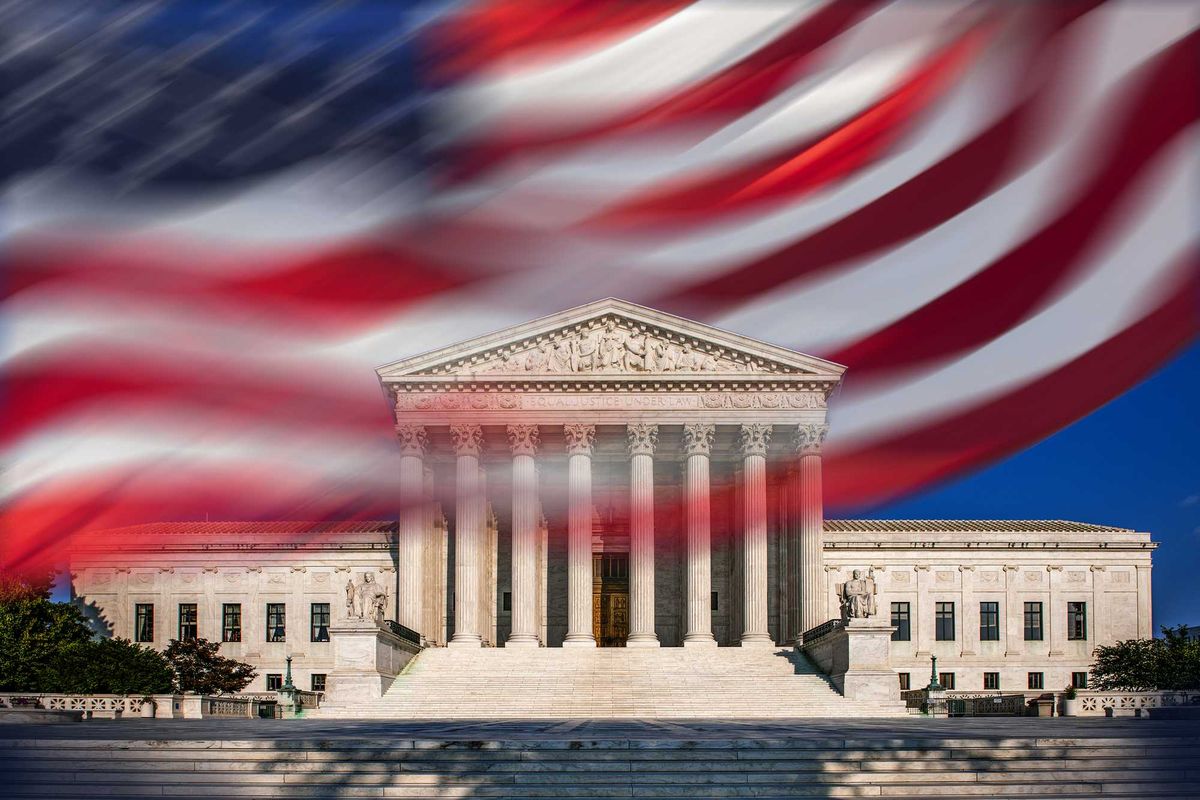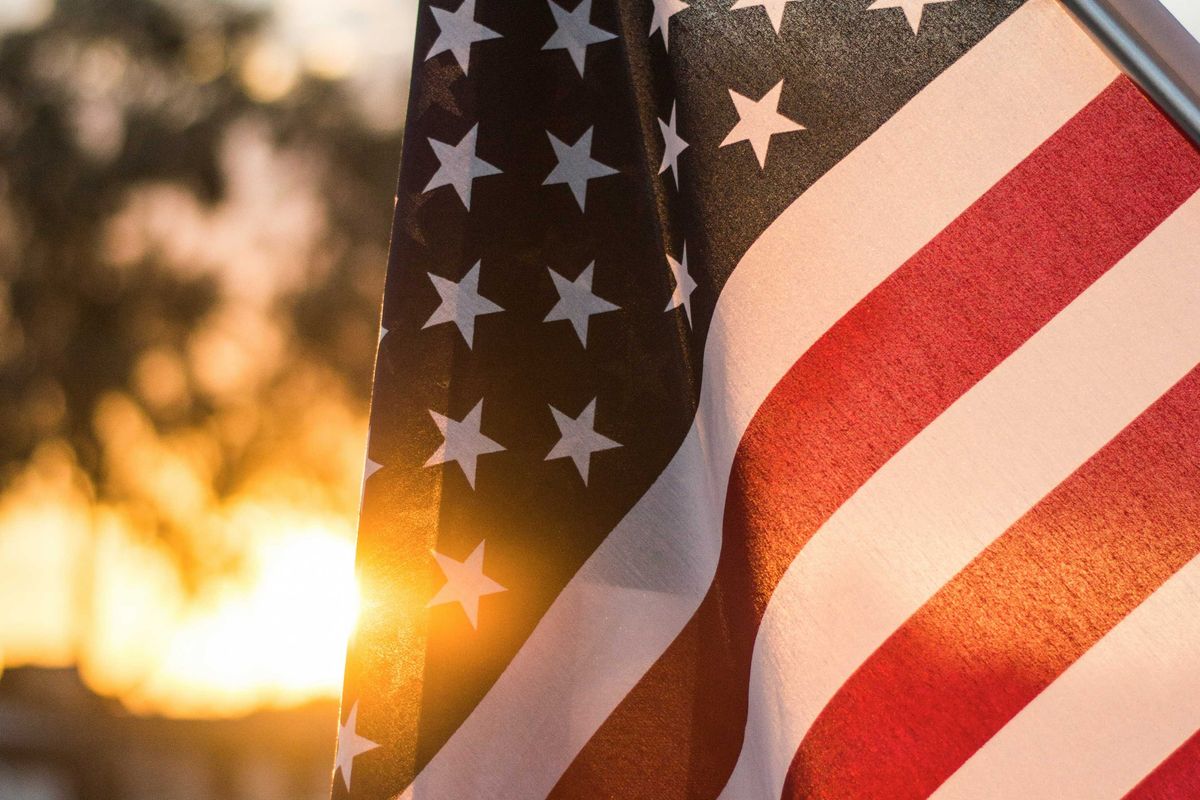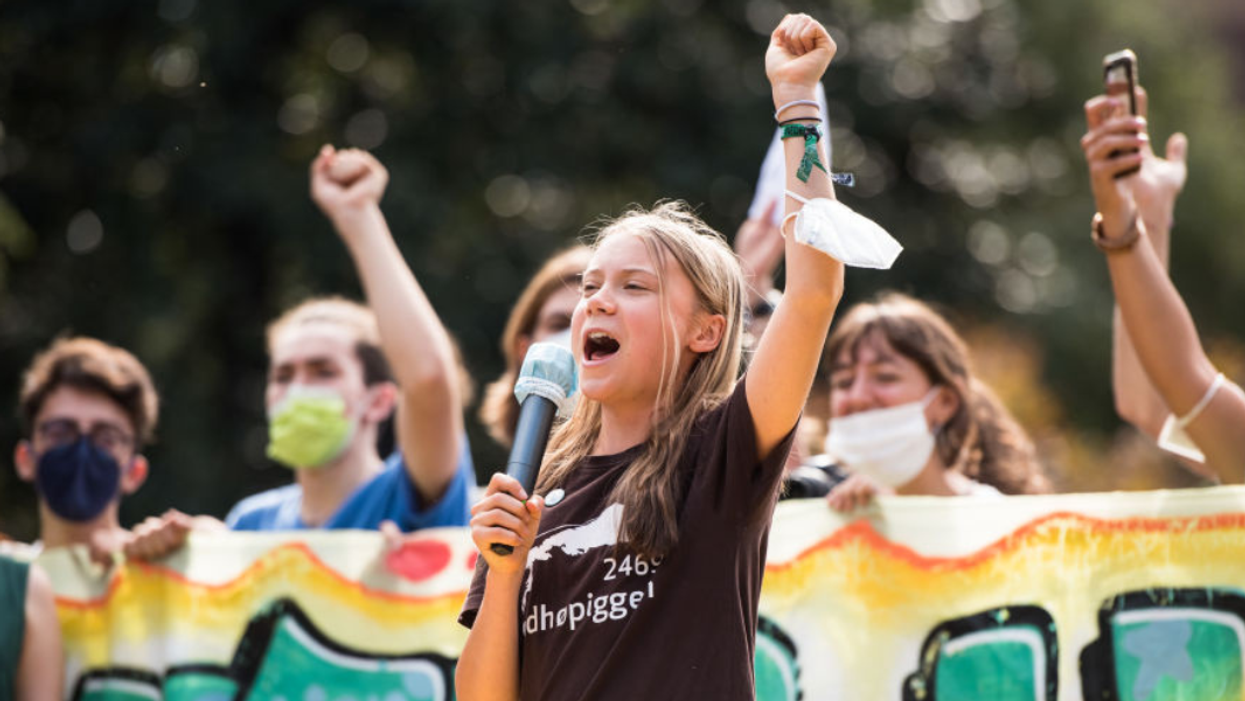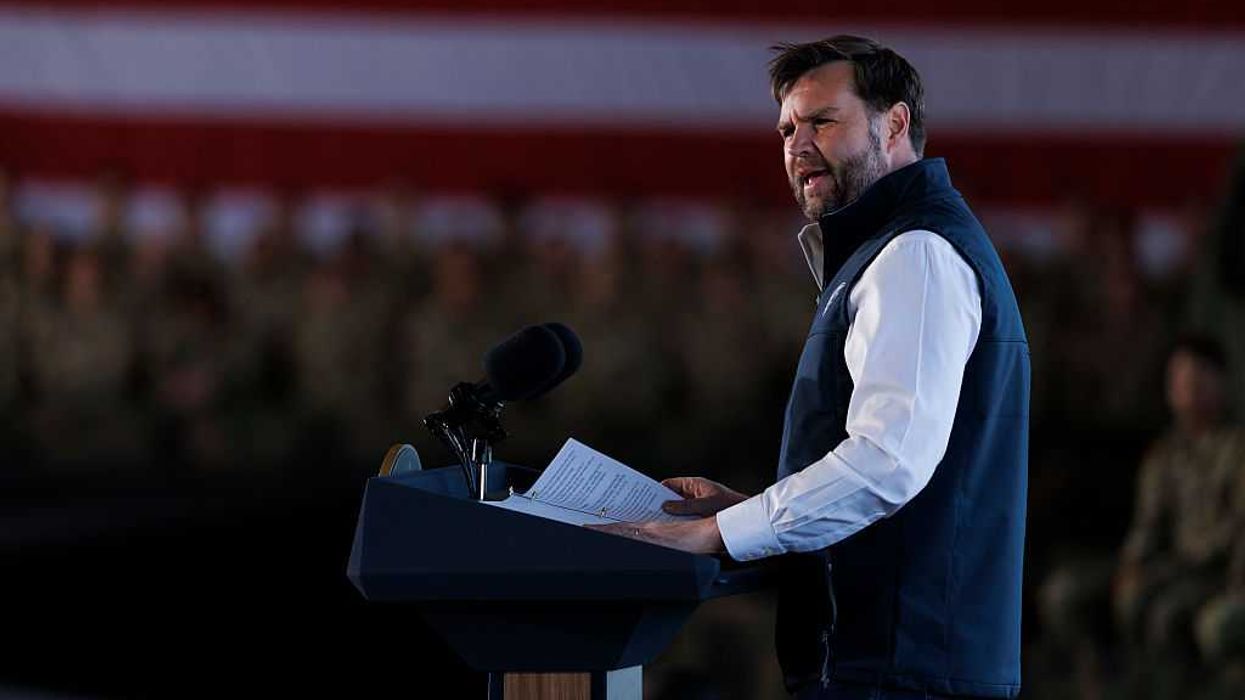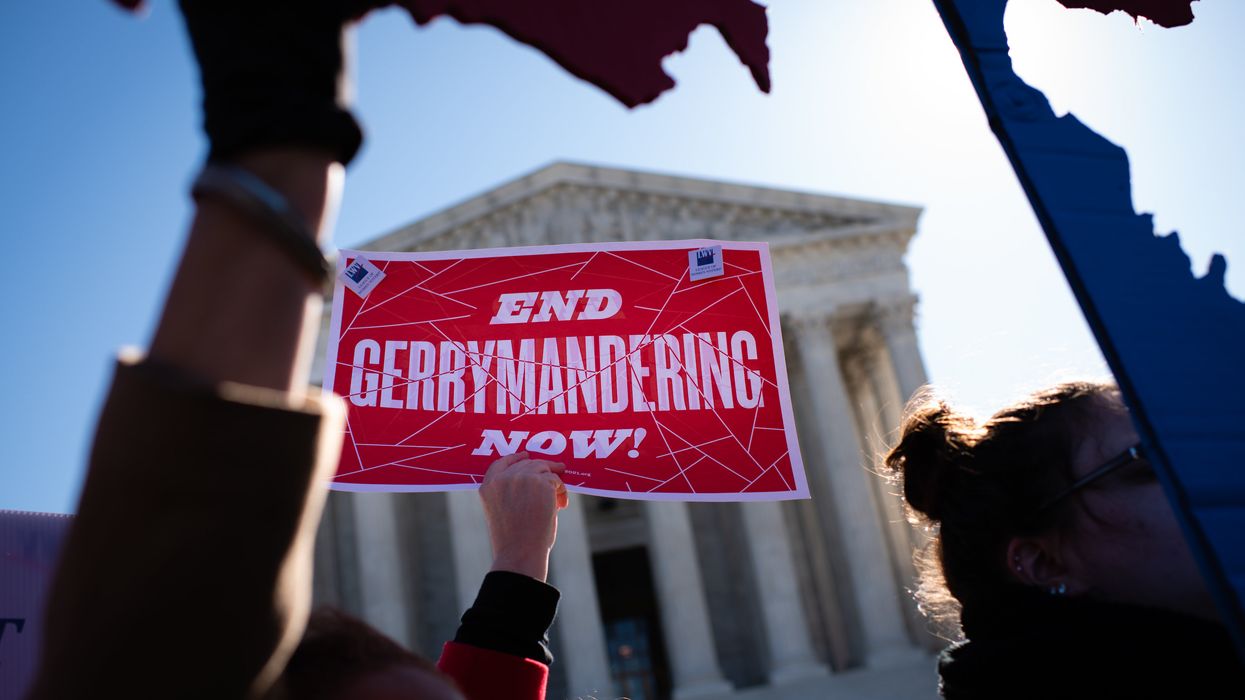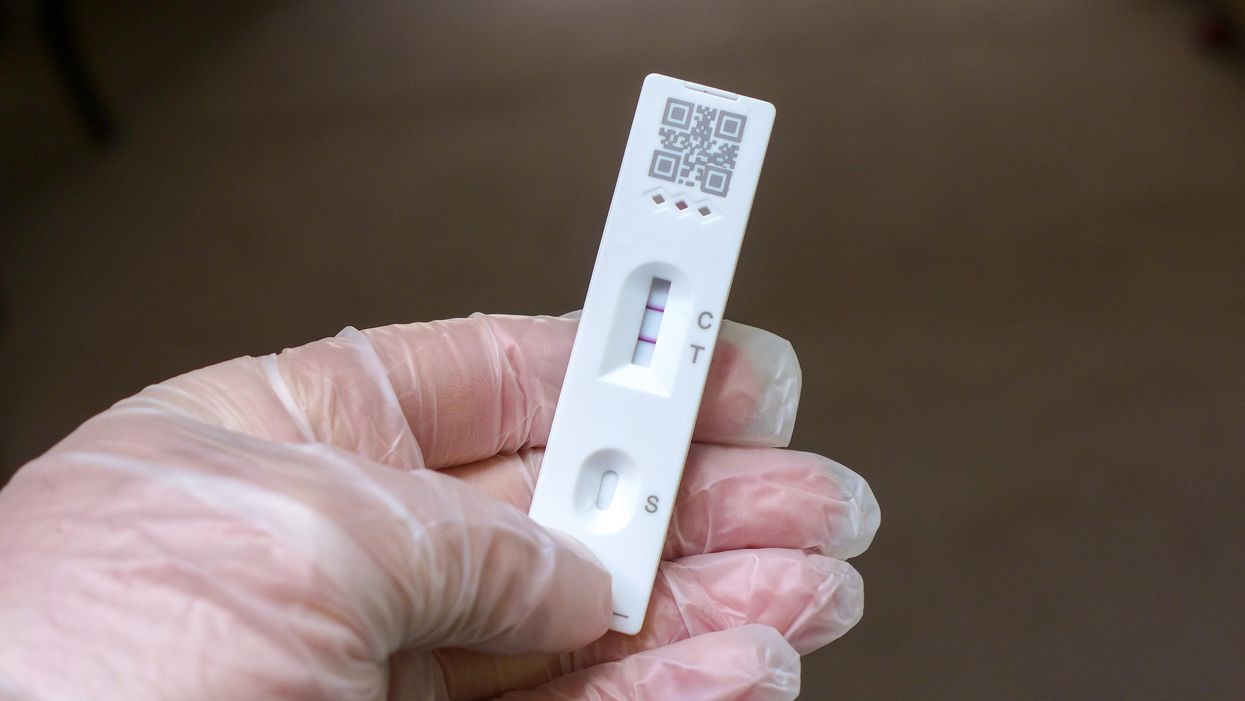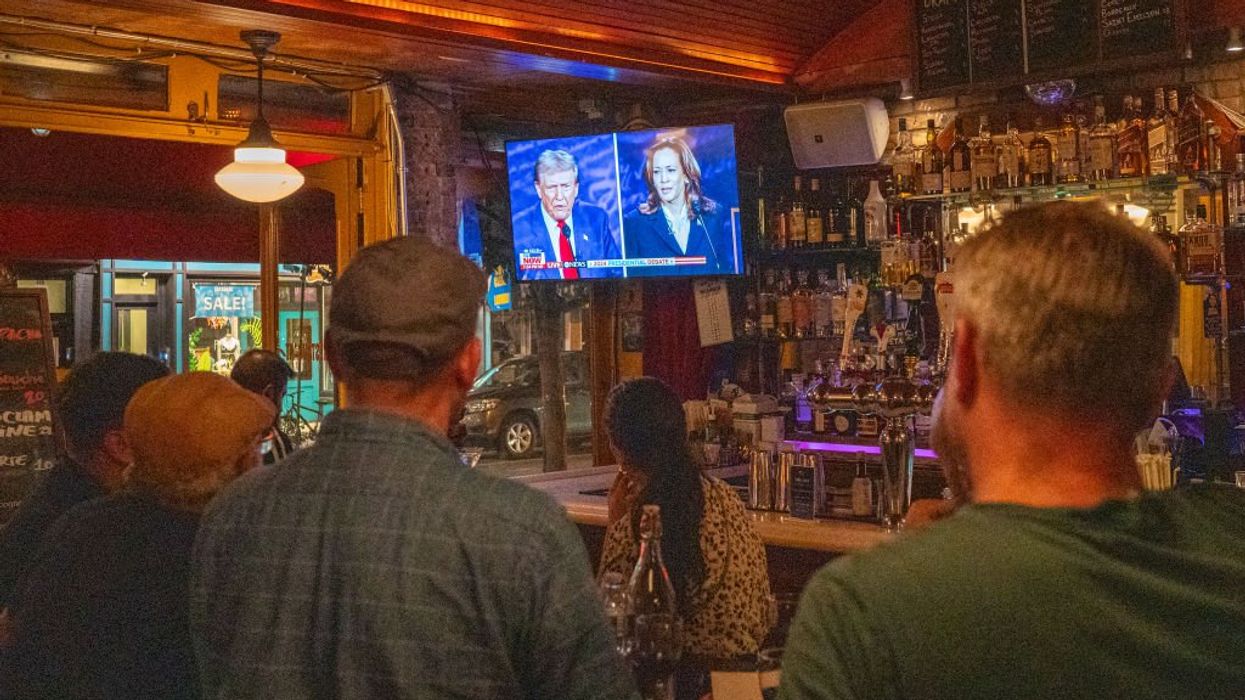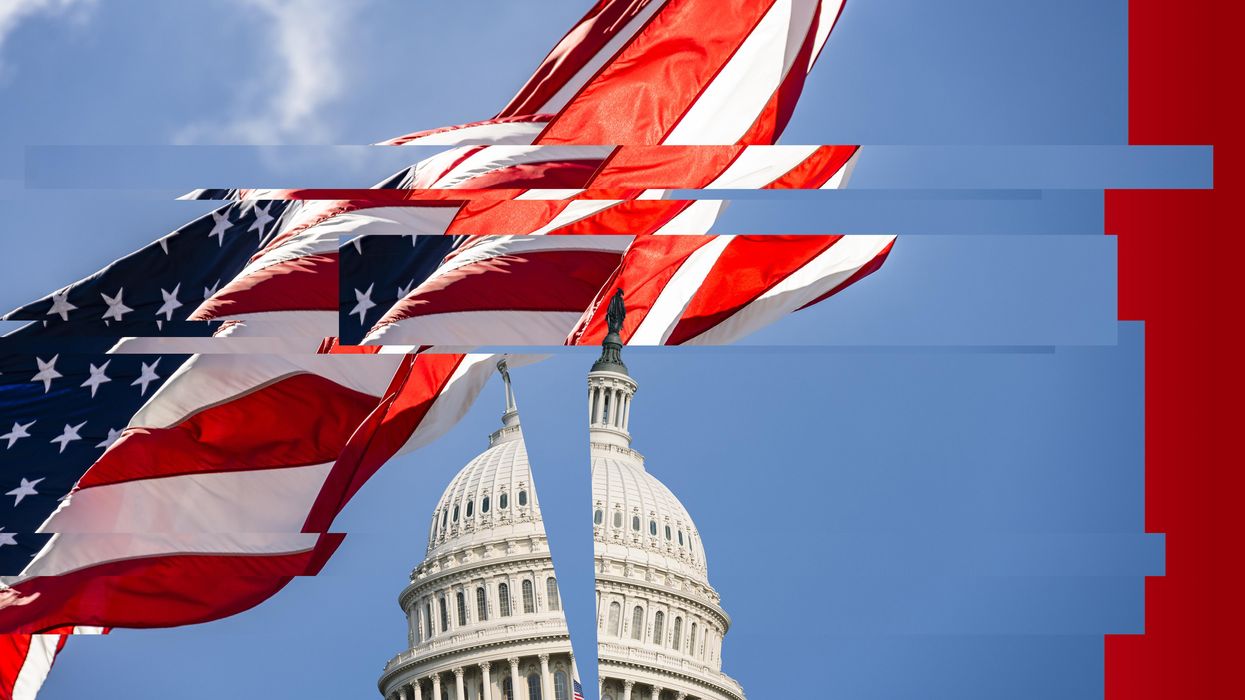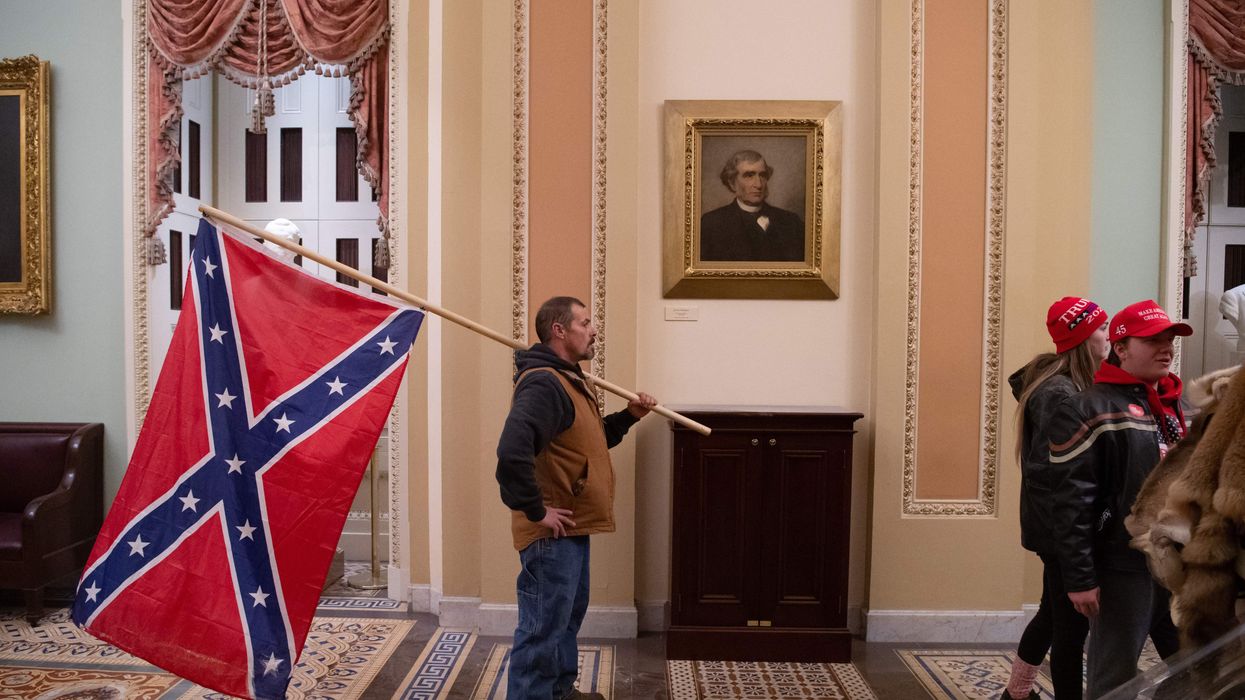Willis is the founder and director of Oregon's Kitchen Table at Portland State University and executive director of the Deliberative Democracy Consortium. She is the author of a textbook, a book of essays and two books of poems.
Hey
C'mon come out
Wherever you are
We need to have this meeting
At this tree
Ain' ever been
Planted
Yet
-June Jordan
“Calling on All Silent Minorities”
I just got up from a late afternoon nap. Now I’m doing a little work in the languid early evening sun – the near-cool breeze and goldish horizontal light a giveaway for the seeping of autumn, like fresh water trickling into a saltmarsh. Earlier, I went for a pickety walk through my neighborhood, hobbling on a slow-to-heal foot injury. And then an unhurried brunch with husband, where I sipped my oat milk latte and we took turns reading aloud from the latest outrage storm swirling around Twitter.
So many conversations are like that now. My mom and sister and I nursing cocktails of our choice and chittering over Facetime about the FBI executing a search warrant at the home of the former president of the United States. My best friend and I trading videos of white nationalists declaring they are preparing for civil war. Co-workers walking to coffee and exchanging gossip about House members giving tours to insurrectionists. It seems like so much and so little all at the same time.
And truth is, I have been involved in a lot of serious conversations about the future of democracy that end up feeling a lot like the ones with my best friend or my sister. We exchange tidbits of unthinkable news, we cluck about risks to democracy, we clutch our pearls in our temperature-controlled homes and offices, and then we go back to writing hiring manuals and projecting annual budgets. We tell each other that if people just understood the good work we’re all doing, they would flock to libraries and school cafeterias where they could deliberate with their neighbors about important matters of the day.
There’s nothing wrong with that. I mean, we are doing good work, right? Dozens of hard-working people I know and admire — dozens of hard-working people I love — are creating opportunities for community members to come together to discuss the issues that affect their lives. They are working on dialogue across difference and community engagement and deliberative democracy. They — we, I guess — are working to uphold one of the central tenants of democracy: citizen participation in self-governance.
And we do gather in various configurations to express our consternation about the precarity of liberal democracy. But there are ways in which our consternation is skin deep. Some of our placid reactions come from personal coziness — for the most part we are educated, employed, insured, well hydrated. We are sun-dazed and expensively caffeinated. Most of us don’t fear for our lives when we encounter the police. So yes, some of it is just flat-out privilege. But I think some of our foot-dragging comes from another place. Some of it is rooted in what historian Timothy Snyder calls the politics of inevitability. Snyder contends that the citizens and residents of long-standing democracies are going about their lives content in the assumption that progress is inevitable, that we will always be moving forward toward longer, healthier lives, toward more justice, toward more democratic democracies. As he puts it, “the politics of inevitability assures you that whatever the good things are, they’re being brought about automatically by some invisible hand.”
It’s not that we don’t know there are challenges — we have experienced them before, but in the face of inevitability, they seem more ornamental than life-threatening. In our minds, we are already writing the story from the vantage of victory. Any roadblocks we face and overcome just enhance the sweetness of arrival. Because even as we face down some pretty menacing-looking dragons, there is a little voice whispering that we just need to keep doing what we’re doing. This will get better, and all will be set to rights in the next year, in the next decade, in the next generation. We believe, in some almost cellular way, in Dr. Martin Luther King’s promise that “the arc of the moral universe is long, but it bends toward justice.”
Inside the warm bath of inevitability, we tend to rely on shock to signal what is urgent and what is not. In my case: the 2016 election, the murder of George Floyd, federal troops occupying downtown Portland, the Jan. 6 insurrection, Uvalde. Suddenness, brazenness, and rank brutality lift us out of the inevitability tub and spur us to attend to what is happening in our streets, in our communities, in our country.
But it’s doomed to fade. When the immediacy of shock and horror wears off and we settle into the dull realities of grief and accountability — in a day, a week, a month — our alarm is dulled by the sweet relief of inevitability until the next outrage strikes, sparking a new round of felt urgencies.
But what of the crises that do not burn hot in our imaginations, that rely on fuel other than outrage and horror and adrenaline? Think: climate change, think a multiyear pandemic, think the worldwide erosion of liberal democracy. There may be adrenal flareups now and again that turn our gaze toward those long-term threats, but they require sustained attention and collective action long after the shudders of shock and fear have gone still.
And because we are relying on our feelings to tell us what is urgent and requires our attention, we turn to strategies and tools that feel as urgent and emotionally outsized as the problems themselves. We turn to protests and shouting matches with elected officials in restaurants and airports. We turn to name-calling people on Twitter. And, we turn to high-stakes, outrageously priced, winner-takes-all elections.
Of course, those are all important strategies and tactics. Protests and boycotts and confrontations with elected officials have a time-honored place in progressive change. Direct action has often been responsible for individual, collective and systemic transformation. Sometimes, pouring into the street is just what is needed to halt an imminent injustice or to draw attention to powerful mendacity. Sometimes we need to harness the power of belligerence in the face of bigotry. And almost always, we need to show up on Election Day, no matter how paltry our individual vote may seem.
But sometimes there is a misfit between what urgency feels like and what urgency requires of us. And that is what I am calling us to consider. I am asking us — myself included — to respond to our adrenal flares with a little less fealty. Or at least with a little less exclusivity. I am asking us to get curious about what might be urgent even if it doesn’t kick us into fight or flight. I am prodding us to lift our eyes to the sight horizon and the time horizon — both for the problem and for the solution.
Because when we really get down to what democracy asks of us, urgency sometimes requires boredom. Urgency sometimes requires compromise. Urgency sometimes requires us to team up with people we disagree with. Even people we detest. Urgency sometimes requires uncertainty. Or incrementalism. Or the studied use of the phrase “That’s better than nothing.” Urgency sometimes requires us to put on our comfortable shoes and do the things that feel plodding, the things that are not inevitable in their outcomes. Urgency sometimes requires us to meet under the tree that hasn’t yet been planted. Urgency sometimes requires brunch.

